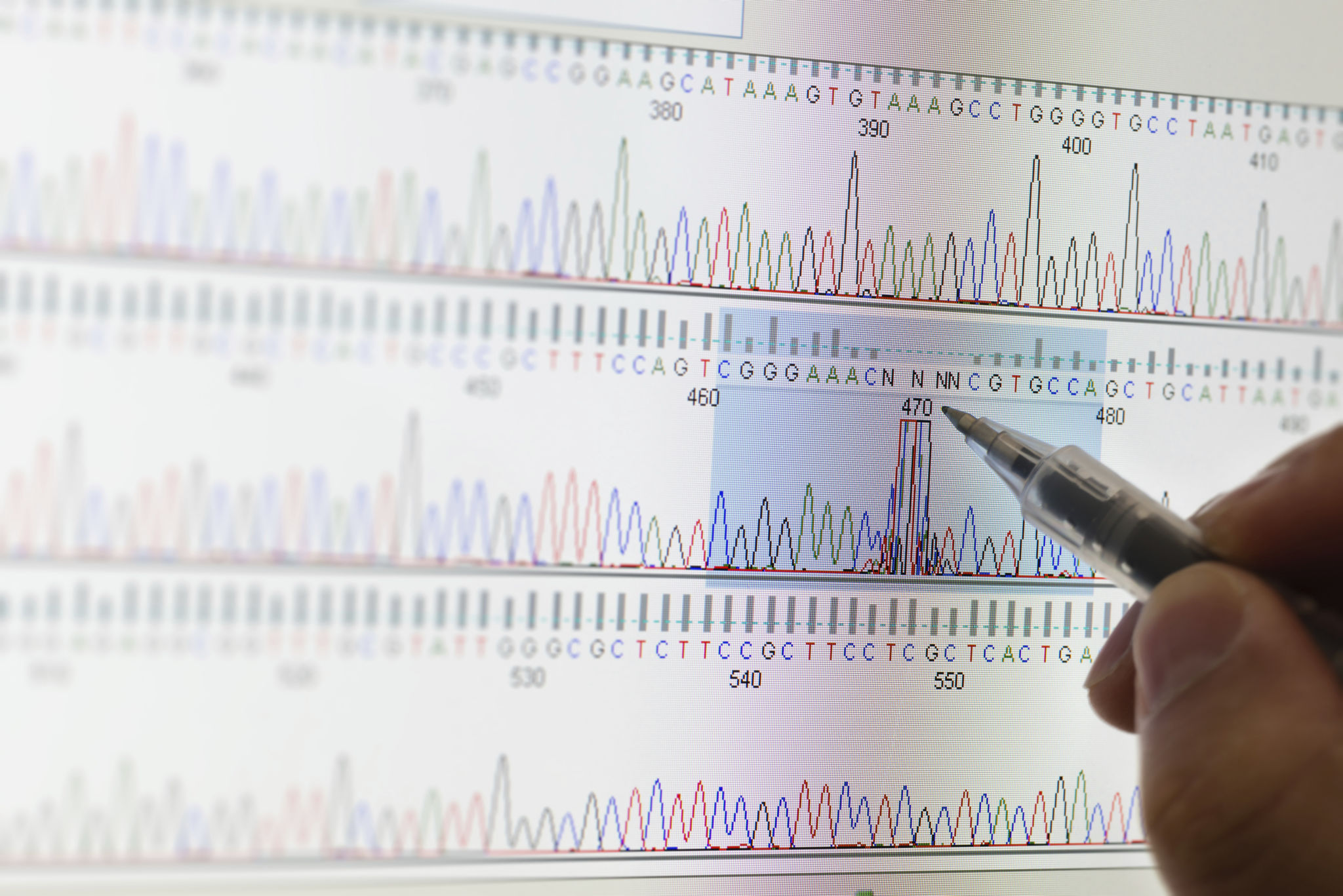Debunking Myths About Genetic Testing for Health Prevention
Understanding Genetic Testing
Genetic testing has become a hot topic in the world of health prevention. With advancements in technology, individuals now have the opportunity to gain insights into their genetic makeup, potentially uncovering risks for certain health conditions. However, with this growing interest comes a myriad of myths and misconceptions that can lead to confusion.

Myth 1: Genetic Testing Is Only for the Sick
One common myth is that genetic testing is only relevant for those who are already ill or have a family history of disease. In reality, genetic testing can be a proactive tool for anyone interested in understanding their health risks. By identifying genetic predispositions, individuals can take preventive measures to mitigate potential health issues before they arise.
Myth 2: Genetic Testing Guarantees Disease Prediction
Another misconception is that genetic testing can provide definitive predictions about whether an individual will develop a particular disease. While genetic testing can indicate a higher risk for certain conditions, it is not a crystal ball. Many factors, including lifestyle and environment, play a significant role in the development of diseases.
The Role of Genetic Counseling
Genetic counseling is often overlooked but plays a crucial role in the genetic testing process. Counselors help interpret test results and provide guidance on the implications for an individual's health. They can offer personalized advice on how to adjust lifestyle choices based on genetic findings.

Myth 3: Genetic Testing Leads to Invasion of Privacy
Concerns about privacy are prevalent, with many fearing that their genetic information may be misused. It's essential to understand that reputable genetic testing companies prioritize data security and confidentiality. They adhere to strict regulations to ensure that your genetic data remains private and secure.
Myth 4: All Genetic Tests Are the Same
Not all genetic tests are created equal. There are various types of tests available, each designed to assess different aspects of your genetic makeup. Some tests focus on specific genes related to hereditary diseases, while others provide a more comprehensive overview of your genetic risks. It's important to choose the right test based on your specific needs and consult with healthcare professionals for guidance.
The Benefits of Genetic Testing
Despite the myths, genetic testing offers numerous benefits. It empowers individuals with knowledge about their health risks, enabling them to make informed decisions about their lifestyle and healthcare. Additionally, genetic testing can facilitate early detection and intervention, potentially reducing the severity or even preventing the onset of certain diseases.

Conclusion: Making Informed Decisions
As the field of genetic testing continues to evolve, it's crucial to separate fact from fiction. Understanding what genetic testing can and cannot do empowers individuals to use this tool effectively for health prevention. By debunking these myths, we can embrace the potential of genetic testing as a valuable asset in our healthcare arsenal.
